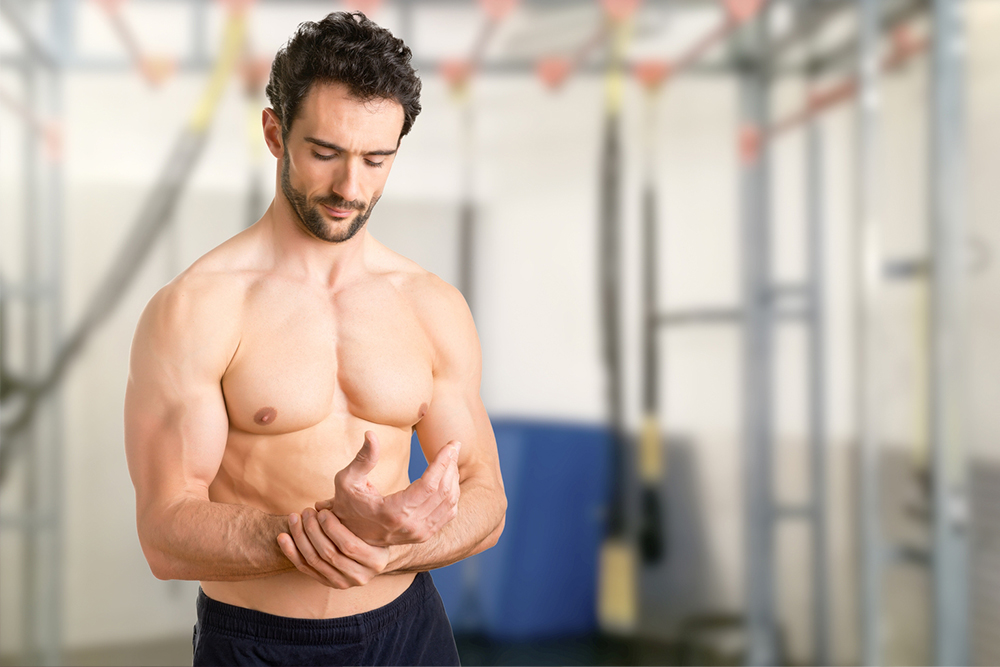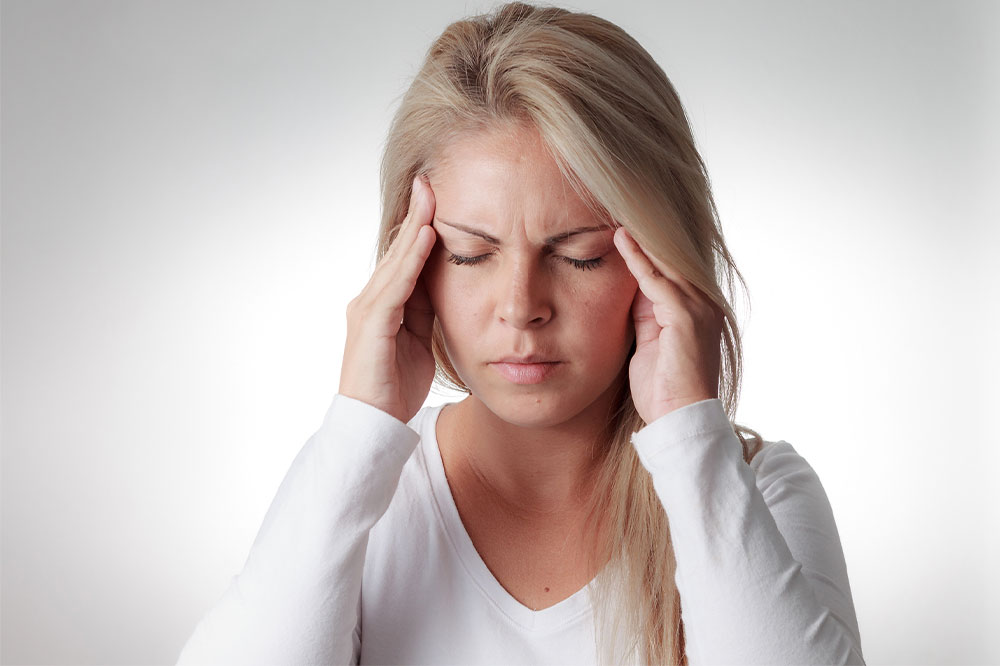10 Remedies for Paresthesia
When a nerve in the body is under pressure, it triggers a tingling sensation in the arms, hands, and feet. This sensation, widely referred to as pins and needles, is actually called paresthesia. While paresthesia often goes away on its own, sometimes, it can become a chronic condition due to nutritional deficiencies and certain neurological conditions. Upon diagnosing the condition, healthcare professionals may recommend certain remedies and lifestyle modifications to manage paresthesia and its symptoms.

1. Getting massages
A common trigger for paresthesia is neuropathy—a condition in which nerve damage can lead to numbness and tingling sensations. Massage therapy is among the most common ways to get relief from the paresthesia that is caused by neuropathy. Massaging the palms, feet, or any affected area can stimulate the nerves, which can then help increase blood flow to the area. One can start with gentle massages with their fingertips and gradually increase the pressure depending on their tolerance. Once the blood flow is regulated, the paresthesia symptoms will begin to subside.
2. Exercising and stretching regularly
Simple exercises like joint rotations, walking, cycling, and stretching can prevent nerve compression. This will eventually help maintain proper blood flow, which will alleviate paresthesia. Besides that, individuals who experience paresthesia due to carpal tunnel syndrome can also practice some light wrist exercises to reduce the symptoms. These can include wrist rotations, finger stretching, and thumb stretching.
3. Trying warm compresses and baths
Like massages, warm compresses can stimulate and improve blood circulation in a particular region. Consequently, it is also a way to alleviate paresthesia. To use this remedy, one can simply take a clean cloth and soak it in warm water. After squeezing the excess water out, one can place the cloth on the affected area. One can let this warm compress sit for about 10 minutes and repeat the process 2 to 3 times a day. Besides a warm compress, a warm bath can also help in improving blood circulation. Plus, if one has neuropathy, a warm bath can also help manage the pain caused by the condition.
4. Staying hydrated
Dehydration is also a common cause of paresthesia. Lack of proper fluid intake can cause the nerves in the body to get compressed, eventually affecting blood circulation. As a result, one may experience the sensation of pins and needles. So, to avoid that, one should drink enough water and stay hydrated throughout the day.
5. Maintaining the right posture
Yet another reason behind nerve compression, which can lead to poor blood circulation and paresthesia, is poor posture. Maintaining a good posture when sitting, sleeping, and standing helps one keep blood circulation in check. One can also invest in ergonomic furniture that can promote good posture.
6. Eating vitamin-rich foods
The deficiency of vitamin D is also a common cause of paresthesia. So, incorporating foods rich in vitamin D into one’s daily meal plan helps address such deficiency and lower the risk of paresthesia. Some of the best sources of vitamin D are mackerel, swordfish, sardines, mushrooms, and fortified cereal.
Besides vitamin D, the deficiency of vitamins B12 and B6 can also cause paresthesia. Fatty fish (salmon, tuna, etc.), dairy products, and beef liver are some common foods that are rich in both these vitamins and can be added to the daily nutritional regime to manage the deficiency.
7. Adding yogurt to meal plans
Among the various dairy products, yogurt can be especially helpful in alleviating paresthesia. This is because yogurt contains manganese, a nutrient that can help regulate blood circulation. Besides that, yogurt is also a great source of vitamin B12, which can help relieve the condition.
8. Keeping the limbs elevated
Another way to regulate blood circulation in the limbs is by keeping them elevated. When lying down, one can use cushions or pillows to rest their arms and feet, which helps in keeping them elevated. Even when sitting, one can use some elevated support to rest their feet. This simple remedy will reduce pressure on the nerves in the limbs and help alleviate the paresthesia in those body parts.
9. Trying acupuncture
Among the alternative therapies, acupuncture is known to help relieve paresthesia. In particular, this remedy has been beneficial in alleviating the paraesthesia triggered by chemotherapy-induced neuropathy. Besides that, acupuncture is also known to help manage carpal tunnel syndrome and peripheral nerve injuries, both of which can lead to paresthesia.
10. Using a TENS machine
A transcutaneous electrical nerve stimulation (or TENS) machine is a small handheld device that can stimulate the nerves to improve blood circulation. It does so by delivering small and controlled amounts of electric current. Currently, the machine has been found to be useful in the management of chemotherapy-induced paresthesia.
If one notices that their paresthesia or tingling sensation persists for more than 30 minutes and does not seem to reduce, it is crucial to consult a doctor immediately. In certain cases, such as tongue paresthesia, the tingling sensation could also result from allergic reactions and would need urgent healthcare attention. Alternatively, self-care management tips for tongue paresthesia include drinking something cool and eating soft foods while chewing them carefully and slowly. Additionally, while the above remedies may help alleviate paresthesia, it is important to note that the condition can have various underlying causes. So, if one experiences paresthesia quite frequently, they must consult a health expert to determine the exact cause. If wondering what kind of doctor treats paresthesia, one should note that a neurologist typically deals with such nerve-related conditions.




